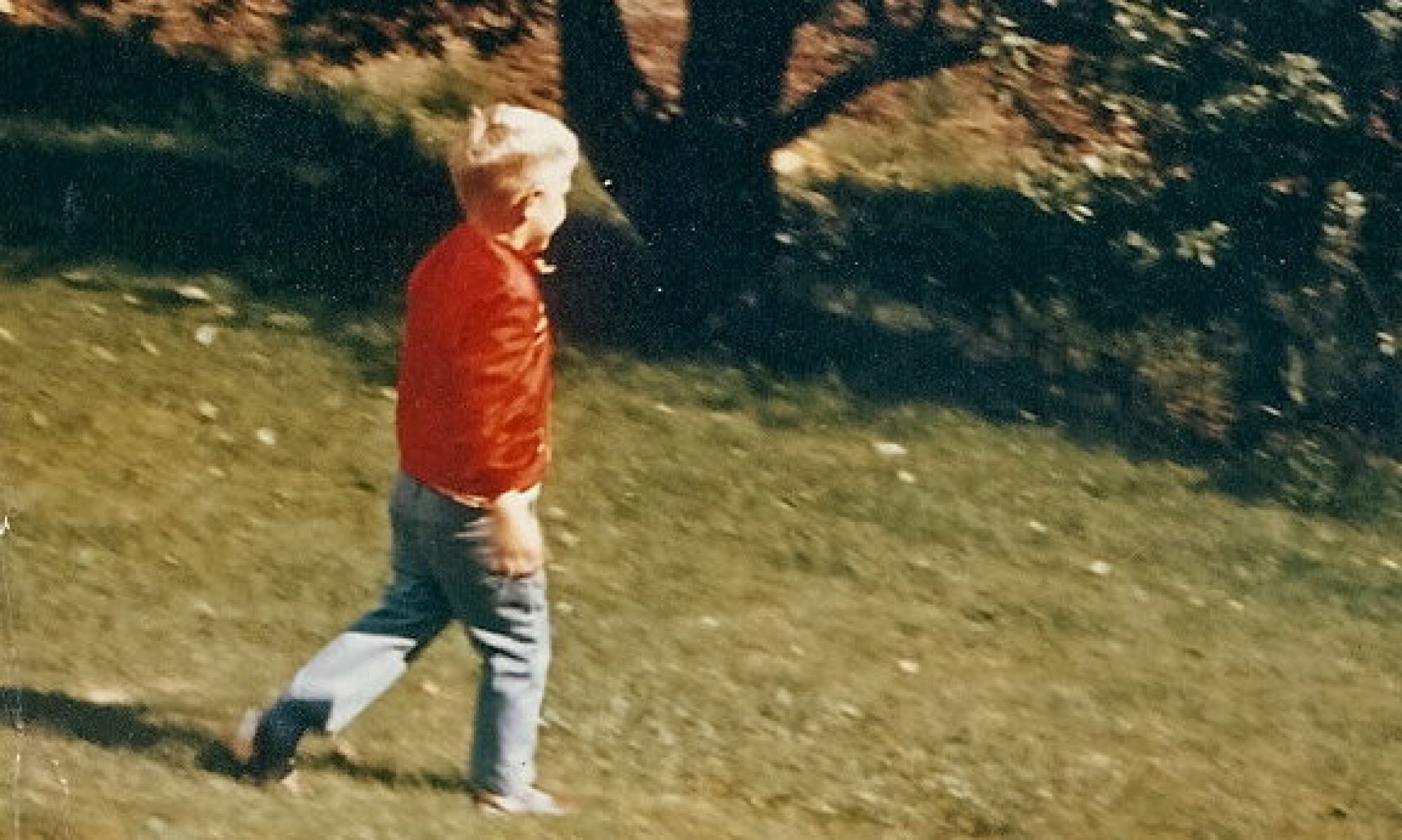I wish I’d said that, but it’s actually a Stephen Wright quote. He also said, “I don’t want everything. Where would I put it?”
Today is a banner day in my gaining some insight into Anaconda, post 1980. I finally went up to the Washington State University extension campus (just up the street, for the love of God) and picked up a copy of Anaconda: Labor, Community and Culture in Montana’s Smelter City, by Laurie Mercier. This was the only area library that had a copy of the book, turns out with good reason. Here’s a brief snippet of dialog to explain:
Me: I’m looking for this book
Librarian: Anacon … I can’t read your writing.
Me: Anaconda. A N A C O N D A
Librarian: Oh! By Laurie!
Me. Yes. Laurie Mercier
Librarian: Well it was just checked in.
Me: Oh good.
Librarian: Are you taking one of her classes?
Me. What? Oh, no. I’m a community user. I’m not a student. This is the only library that has a copy of the … wait, what?
Librarian: Are you taking one of her classes?
Me: Does she teach here?
Librarian: Yes. She’s one of our Professors
Like Mr. Wright says … small world.
So, here’s today’s nugget. I open the book, which is largely based on a number of interviews Ms Mercier conducted with community members, and lo and behold, there’s a quote on the first page from Mary Dolan! Miss Dolan. As in Miss Dolan, THE PRINCIPAL of W.K. Dwyer Elementary School. The very same Miss Dolan who saved me from hating school and … BANG! It was like I’d been shot out of a cannon.
Miss Dolan had a profound effect on me. She was tough … there was no doubt about that … but when I was called into her office in November 1968, it wasn’t because I was causing trouble. But I was in trouble, and she knew it. I had been in school for only three months and managed to have the highest absence rate in history. If I remember correctly, (And we all know it really doesn’t matter if I do, right?) I had been in school a total of 15 complete days.
It wasn’t that I didn’t like school. I hated school. And I remember reasoning with my mother—actually trying to negotiate my way out of having to go to school at all. There was something deeper there, a greater truth I should have learned about myself much earlier than I did. I simply didn’t like being in a group of people. I didn’t like being classified, I didn’t like having to be called on … randomly … to answer questions. I hated the entire idea that I was going to have to spend the rest of my known life attending school. And here we are more than forty years later, and I still feel that way. I don’t think the way we educate people in this country actually works for the majority of the population. To me, the way most students are being taught, learning is accidental. If anyone manages to retain anything, it’s a total, complete accident. Learning (again, to me, I’m not blaming anyone here) should be intentional. It has everything to do with student motivation and very little to do with teaching expertise. Good teachers point the way. Good learners ask for directions.
Miss Dolan made me aware … no, that’s not the right word … Miss Dolan made me understand that I was entitled to my opinion. And that, even though I had major issues with “the system”, I was going to have to make the best of it. Suck it up. Make lemonade. Learn as much as I could about how I learned, so that I didn’t have to rely on the school system to teach me. It’s difficult to explain. In my little first-grader mind, she made me realize that it was completely my responsibility to figure out how I was going to learn, and then accommodate the information being given to me to the style I was going to understand it in. Miss Dolan made me realize I was auto-didactic long before anyone even knew what that meant. And there were teachers along the way … true teachers … who understood that the best way for me to learn from them was to continually question. I remember one of my college professors telling me, “Your problem is I just can’t tell you anything. I have to constantly prove everything.” And I remember saying right back, “That’s not a problem … it’s a method.” Snark, right? Total ass. I know, I know.
Miss Dolan showed up one day, in the back of my classroom when I was student teaching. It was the last time I saw her. I remember I was having a discussion in my class about why we all needed to read The Adventures of Huckleberry Finn. There was a student who just didn’t see the point. The class was discussing the merits of having to read the novel when there was a movie available, (I believe they even wanted to just peruse classic comic). Anyway … what I remember is we were truly debating the issue when Miss Dolan came into the room, walked to the back and stood with her hands behind her back, her head bowed. Even from the front of the room, without my glasses, I could see she was smiling.
She was a remarkable woman—she could be meaner than Mussolini—but in a world where it’s easy to be mediocre, she remains one of the truly remarkable teachers I’ve ever had.
